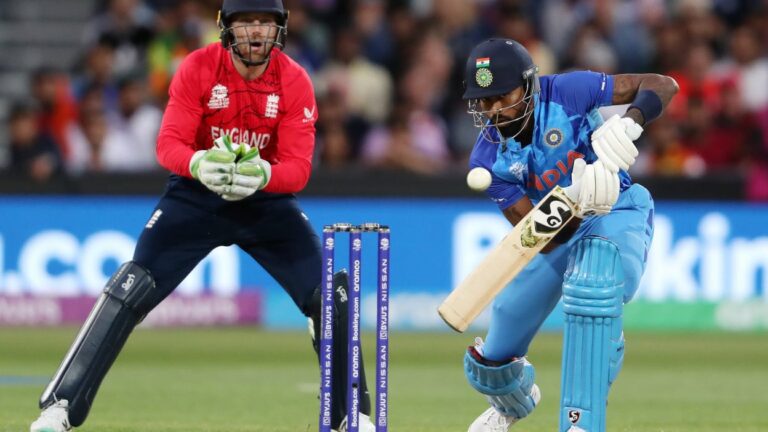Understanding the impact of betting taxes on IPL betting
99 Exchange Bet, Mazaplay:IPL betting has a long and complex history that dates back to the inception of the Indian Premier League in 2008. The tournament’s popularity and large fan base quickly made it an attractive platform for betting, with fans eager to wager on their favorite teams and players.
Despite initial concerns about the legality and ethics of betting on cricket matches, IPL betting continued to grow in popularity, fueled by the convenience of online betting platforms and the thrill of predicting match outcomes. Over the years, the landscape of IPL betting has evolved, with bookmakers offering a wide range of betting options and odds to cater to the diverse preferences of bettors.
The Taxation System in India
Under the current taxation system in India, betting activities, including IPL betting, are subject to various forms of taxes. The primary tax levied on betting is the Goods and Services Tax (GST), which is imposed on the total value of bets placed. Additionally, there are state-specific taxes that may apply to betting activities depending on the region in which the bets are made.
The imposition of taxes on IPL betting has a direct impact on the overall odds offered by bookmakers. Higher taxation leads to increased operational costs for bookmakers, which are then passed on to bettors in the form of reduced odds. As a result, bettors may find themselves facing less favorable odds when placing bets on IPL matches, affecting their potential winnings.
• The primary tax levied on betting in India is the Goods and Services Tax (GST)
• State-specific taxes may also apply to betting activities
• Higher taxation on IPL betting leads to increased operational costs for bookmakers
• Increased operational costs are passed on to bettors in the form of reduced odds
The Impact of Betting Taxes on IPL Betting Odds
When it comes to the world of IPL betting, one significant factor that often goes overlooked is the impact of betting taxes on the odds. Betting taxes play a crucial role in determining the overall profitability and attractiveness of betting on the IPL.
High betting taxes tend to result in lower odds for bettors, as bookmakers adjust their rates to compensate for the additional financial burden imposed by the taxes. This, in turn, makes it more challenging for bettors to make a profit and decreases the appeal of engaging in IPL betting activities.
What is the history of IPL betting?
The IPL, or Indian Premier League, has a long history of betting associated with it. It is one of the most popular cricket leagues in the world and attracts a large amount of betting every year.
How does the taxation system in India affect IPL betting?
The taxation system in India plays a significant role in determining the odds for IPL betting. Taxes imposed on betting activities can impact the odds offered by bookmakers.
What is the impact of betting taxes on IPL betting odds?
The impact of betting taxes on IPL betting odds can be significant. Higher taxes can lead to lower odds for bettors, reducing potential winnings. Lower taxes, on the other hand, can result in higher odds and potentially higher payouts.







